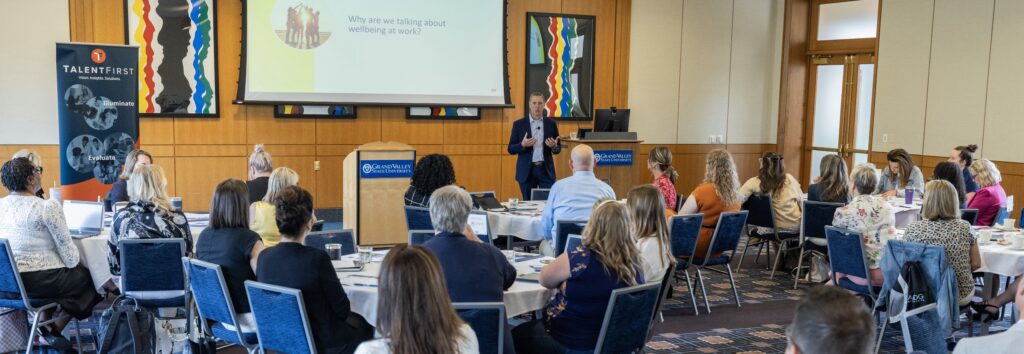Today and tomorrow, we are hosting bipartisan scholars in a series of events centered on job creation and the working class. One of the subjects that these experts will discuss with West Michigan leaders is Opportunity Zones.
Opportunity Zones were established by the Tax Cuts and Jobs Act of 2017 to “encourage long-term investments in low-income urban and rural communities nationwide,” according to the Economic Innovation Group. The program provides a tax incentive for those who invest in areas determined to have been “cut off from capital and experienced a lack of business growth.” West Michigan’s Opportunity Zones can be viewed in this map from the Michigan State Housing Development Authority.
A September blog from Brookings explains that while many cities have waited for guidance from the U.S. Department of Treasury on determining how to work with the Zones, “a group of community leaders in Cleveland recently convened to address these questions.” This discussion revealed three key components to effectively using Opportunity Zones.
Investors and communities must be intentional
Investors and communities must ensure that Opportunity Zone investment “deliver[s] a social benefit commensurate with the revenues that the U.S. Treasury foregoes.” Brookings notes that, for example, housing cost could inflate in one neighborhood within a Zone because that neighborhood sees “lion’s share of investment.” Investors and local leaders must work together to predict and avoid these negative effects.
Leaders have existing tools for good outcomes
Local leaders have already worked alongside governors to designate Zones and many have collaborated to determine the best ways to utilize them. These collaborative ties and tools can be used moving forward to use Opportunity Zones for racially equitable outcomes.
Investors and community leaders must work alongside philanthropy
Philanthropy can help “provide patient capital and create more of the certainty needed to unlock private investment.” Brookings notes that The Kresge Foundation and Rockefeller Foundation have announced a joint effort to provide grants to support Opportunity Zones.
Learn more tomorrow
Tomorrow morning, national scholars Robert Doar, Tamar Jacoby, Anne Kim, and Oren Cass will be speaking with West Michigan leaders about creating jobs, increasing skills, and the working class. Registration for this public event is open here.
Unable to attend? Tune in to our livestream on Facebook or keep up with us on Twitter by following #WinningGoodJobs.


